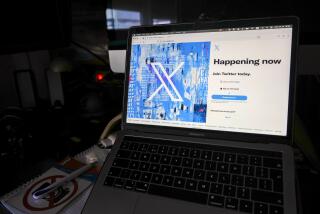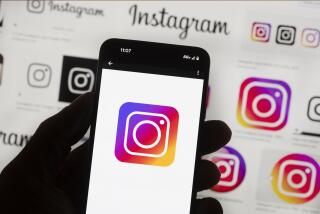LinkedIn says no account break-ins verified; phishers target users
A day after some of its users’ passwords were compromised by hackers, LinkedIn has said it has not confirmed any account break-ins.
The business social network said it had not received “verified reports of unauthorized access” to its users’ accounts as a result of an attack by a hacker who posted 8 million passwords online over the last few days.
Even so, the company is being targeted by phishing scams trying to steal its users’ login and password combinations.
The latest LinkedIn predators are sending the company’s users phony emails meant to resemble official messages sent by the company. Phishing scams often include links to websites disguised as real login pages to trick users into entering their login names and passwords. Other phishing scams ask users to open attachments that infect their computers.
The slew of phishing scams has been confirmed by security experts online, but they have not been addressed by LinkedIn.
When asked about the scams Wednesday, the company chose not to comment. On Thursday, the company said it had previously addressed phishing scams and directed the reporter to a blog post from 2010.
The blog post advises users to be cautious when opening emails from senders claiming to be LinkedIn and to look for typos and faulty links -- clues that such emails are not legitimate.
LinkedIn chose not to answer many of the questions posed by security experts, including what information was accessed and how it was accessed.
LinkedIn was not alone in falling victim to the attack that exposed 8 million passwords. The hacker also targeted eHarmony, which confirmed the hacking, and reports are surfacing that music website Last.fm may have also been targeted.
Last.fm told the BBC that some of its members’ passwords had been leaked, and it posted a message on its website instructing users to change their passwords.
Users of any of theses sites are advised to be safe and change their passwords. Use long passwords that include numbers as well as both capital and lowercase letters. Also, do not use the same password for all your online accounts.
RELATED:
LinkedIn confirms passwords were compromised
As LinkedIn increases security, some users laugh at hack
Like LinkedIn, eHarmony is hacked; 1.5 million passwords stolen
Follow Salvador Rodriguez on Facebook, Twitter or Google+







